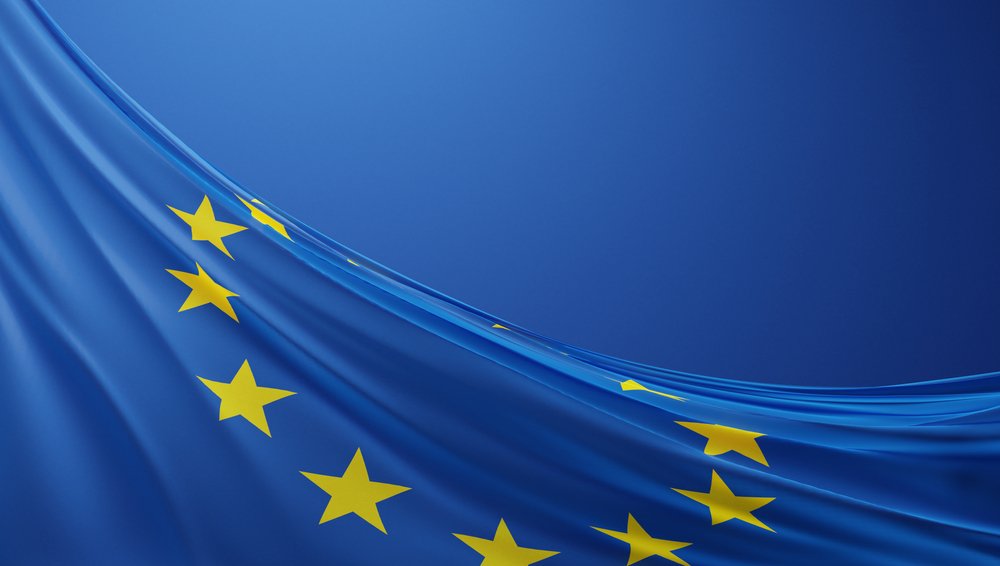
The European Commission has made a recommendation to the Council proposing to increase coordination and simplification of safe and free travel within the EU. The new measures take into consideration the rapid progression of vaccination campaigns and the high number of EU Digital COVID Certificates issued since July 2021 (about 650 million certificates).
Even with the wide acceptance of the EU Digital COVID Certificate as a free travel-enabling document, some Member States of the European Union have implemented additional rules in view of the concerning rise of COVID-19 cases in the region.
The Commission doesn’t support the idea of additional restrictions applying to people with an EU Digital COVID Certificate. In the Commission’s opinion, a valid EU Digital COVID Certificate evidencing negative COVID-19 diagnostic test, recovery status, or vaccination against the virus should be enough to ensure free movement within the EU. Therefore, people in possession of this certificate should be able to avoid travel quarantine, booster shots, further diagnostic tests, and others.
Furthermore, the Commission stands for a standard validity of vaccination certificates for a period of 9 months since the completion of the primary vaccination series. The reason for this is that the European Centre for Disease Prevention and Control (ECDC) recommended a booster dose after a period of 6 months with an extension of 3 months for the national vaccination campaigns to adapt.
The Commission does not provide a validity period for booster vaccines as there is no sufficient scientific evidence of their effectiveness.
The Commission also wants to modify the EU traffic light map updated by the European Centre for Disease Prevention and Control on a weekly basis. The Commission proposes to consider the progression of vaccine uptake at the time of determining an area’s color (currently based on infection rates only).
For green areas, there should not be restrictions. For dark red areas, travel should be discouraged but only travelers coming from these countries with no vaccination or recovery certificate should take a pre-departure COVID-19 diagnostic test and isolate themselves upon arrival (‘travel quarantine’ requirement).
Children under 12 years old should not be tested or required to present an EU Digital COVID Certificate if they come from a green country. Contrarily, children between 6 and 12 years old coming from dark red areas should have an EU Digital COVID Certificate. Other groups of people qualifying for exemptions should be cross-border commuters and a list of essential travelers reduced due to vaccination.
The Commission also intends to make the “emergency brake” procedure easier and more coordinated in case there is a new coronavirus variant of concern or of interest. The Commission or the Member States of the EU should be able to activate the protocol at a roundtable of the Council’s Integrated Political Crisis Response (IPCR) as long as they can justify their reasons for it there. This should help prevent the spread of such variants faster.
Given that these updates can’t be easily implemented and coordination is essential for them to work, the Commission calculates that the updates will be applied as of 10 January 2022.